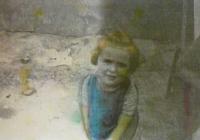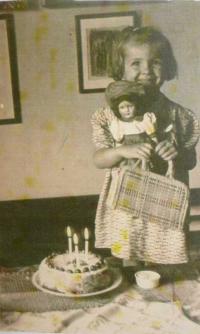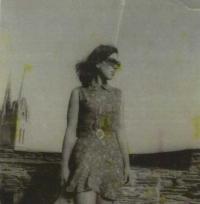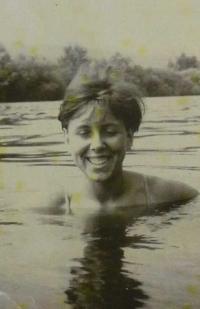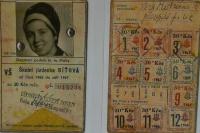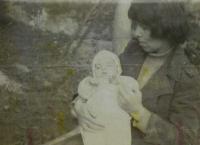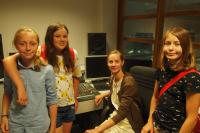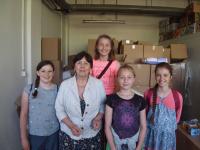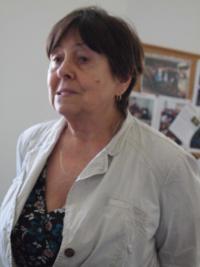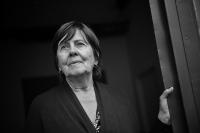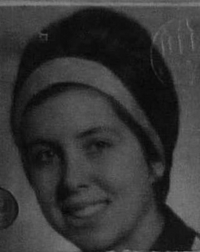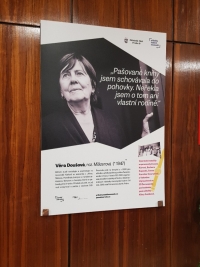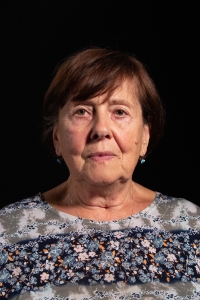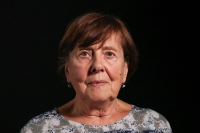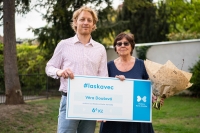The most important thing is to live in such a way that one does not have to be angry with oneself

Download image
Věra Doušová was born on June 8, 1947 in Prague to Věra and Josef Molzer. She studied psychology and sociology at the Faculty of Arts, Charles University, where she was also taught by Jiřina Šiklová. Already at that time they became friends and Věra Doušová considers her one of the most important people of her life. They distributed samizdat literature together, Věra Doušová was accepting large shipments from France for several years. After an unsuccessful attempt to emigrate, she started working as an interpreter and economist at the Czechoslovak Amusement Park, with which she traveled around the Soviet Union in the late 1980s. Thanks to her excellent knowledge of Russian and the Russian environment, Václav Havel asked her in 1990 to help them relocate Volhynian Czechs from the Chernobyl area. Later, she started organizing the International Expatriate Festival. She has always tried to help people at risk of social exclusion, people with disabilities and their families, and therefore in 1997 she founded the civic association Sedm paprsků. Together with her husband, they began to import compensatory aids from Scandinavia. She is the director of the Food Bank for Prague and the Central Bohemian Region. In 2018, she received the #laskavec award from the Karel Janeček Foundation for her work. She lived in Prague at the time of filming.
